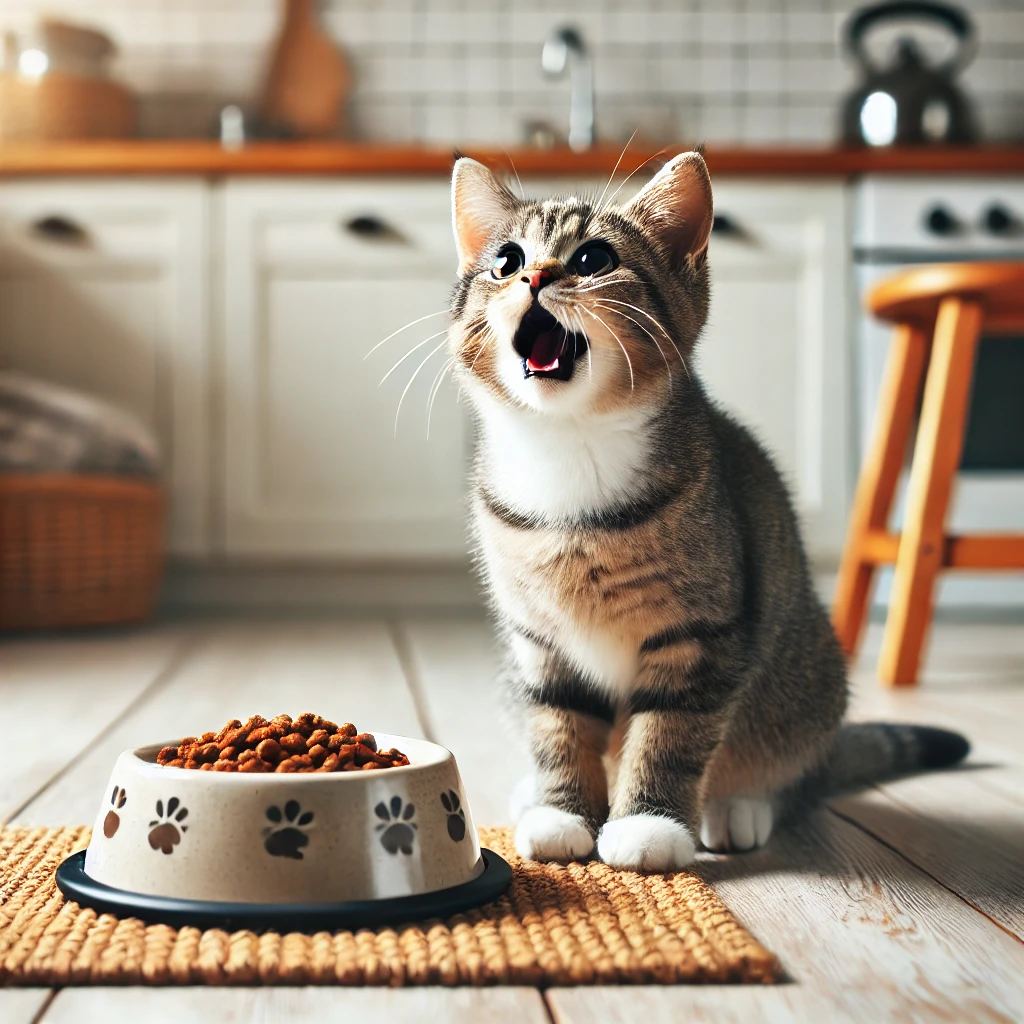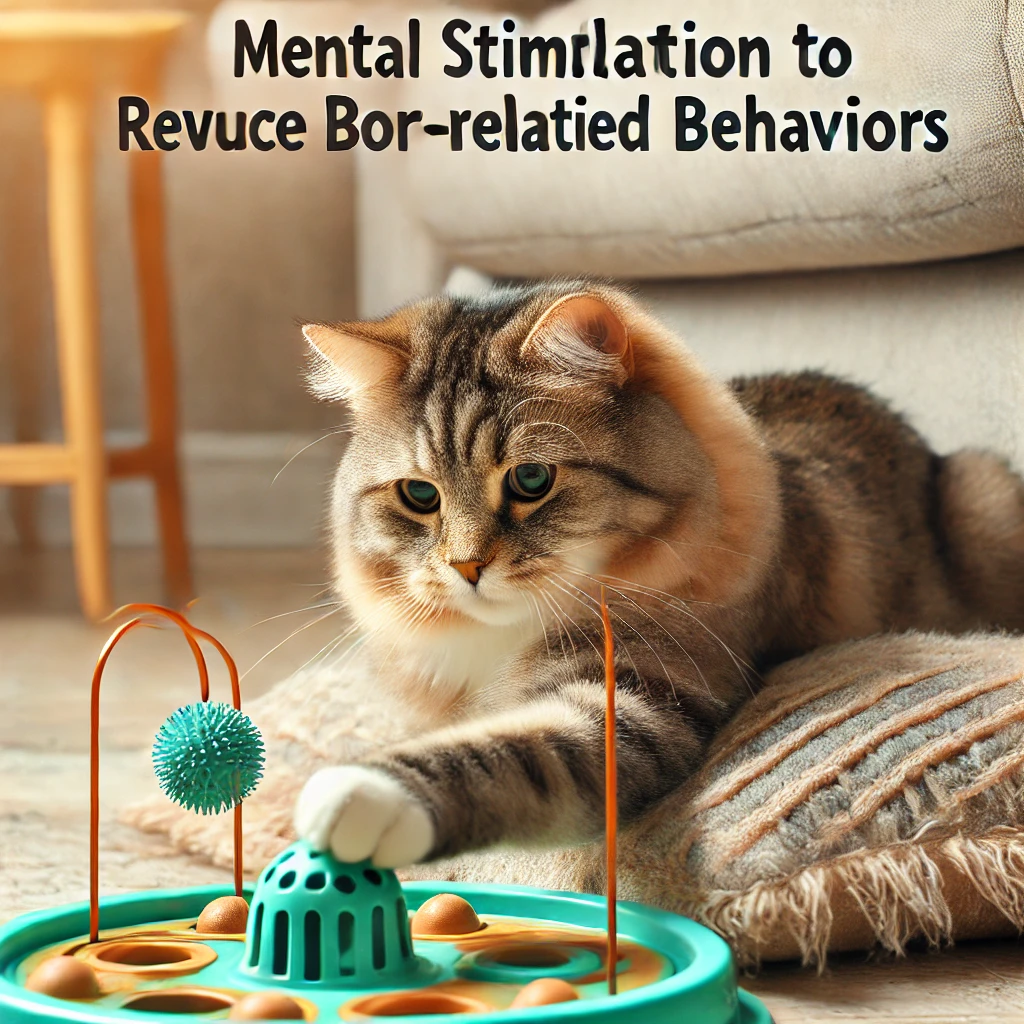Cats are known for their expressive meows, but when the meowing becomes excessive, it can leave owners puzzled and concerned. Understanding why your cat is vocalizing so much is essential for addressing their needs and ensuring their well-being. In this guide, we’ll explore the reasons behind excessive meowing and provide actionable tips to help you manage this behavior.

Reasons for Excessive Meowing
Cats meow for various reasons, ranging from basic needs to medical issues. Identifying the cause is the first step to finding a solution.
Hunger or Thirst
A common reason for excessive meowing is hunger or thirst. Cats often vocalize to let their owners know it’s feeding time.
Solution:
- Stick to a consistent feeding schedule.
- Ensure fresh water is always available.
For more tips on feeding your cat, check out our article on Top Tips for Keeping Your Indoor Cat Happy.
Seeking Attention
Cats are social creatures and may meow excessively to get your attention, especially if they feel ignored.
Solution:
- Spend quality time playing and interacting with your cat.
- Provide toys and activities to keep them entertained.
Medical Issues
Excessive meowing can indicate underlying health problems such as pain, hyperthyroidism, or cognitive dysfunction in older cats.
Solution:
- Schedule a visit to the vet for a thorough check-up.
- Monitor for other symptoms like changes in appetite or behavior.
For more information on caring for senior cats, read How to Care for Older Cats: Essential Tips for Senior-Aged Cat Health.
Stress or Anxiety
Changes in the environment, such as moving to a new home or introducing a new pet, can cause stress-related meowing.
Solution:
- Use calming aids like pheromone diffusers.
- Create a safe, quiet space for your cat to relax.
For more on decoding feline behavior, visit Understanding Feline Behavior: How to Decode Your Cat’s Signals.
Heat Cycle or Mating Behavior
Unspayed females and unneutered males may meow excessively during their heat cycle or when seeking a mate.
Solution:
- Consider spaying or neutering your cat to reduce hormonal behaviors.

How to Calm a Meowing Cat
Once you’ve identified the cause, take steps to address your cat’s needs and reduce excessive vocalization.
Establish a Routine
Cats thrive on consistency. A predictable schedule for feeding, playtime, and rest can help reduce anxiety-driven meowing.
Provide Mental Stimulation
Interactive toys, puzzle feeders, and cat trees can keep your cat engaged and less likely to meow out of boredom.
Positive Reinforcement
Avoid rewarding excessive meowing with attention. Instead, reward quiet and calm behavior with treats or affection.
Monitor for Triggers
Identify and eliminate stressors in your cat’s environment, such as loud noises or unfamiliar visitors.
Conclusion
Excessive meowing can be a sign that your cat is trying to communicate an unmet need. By understanding the reasons behind their vocalizations and taking appropriate action, you can create a more harmonious environment for both you and your feline friend. Explore our related posts for more insights and share your experiences in the comments section.
